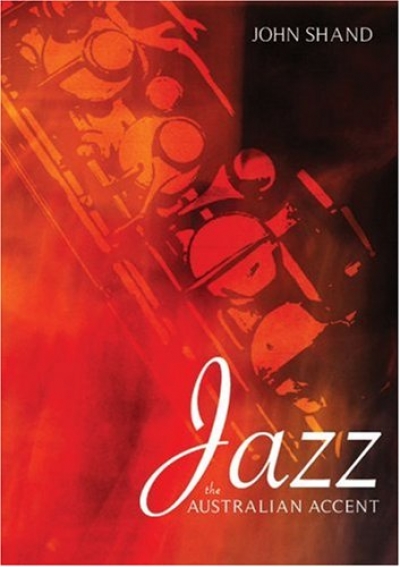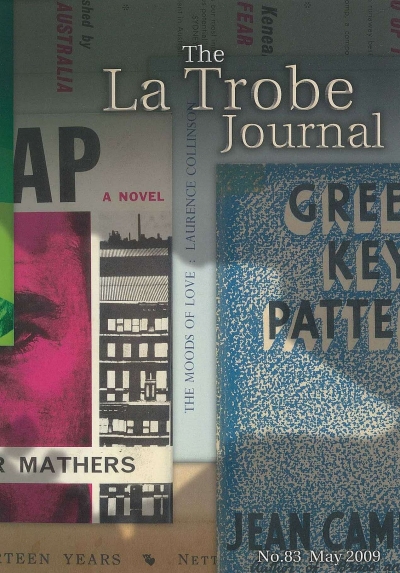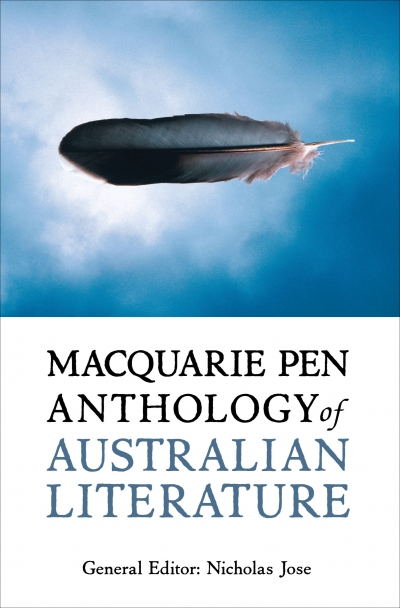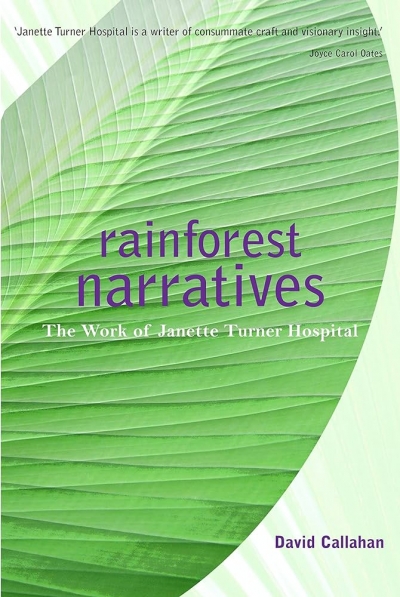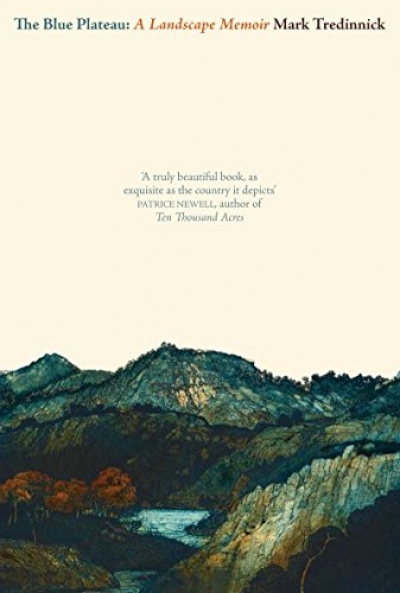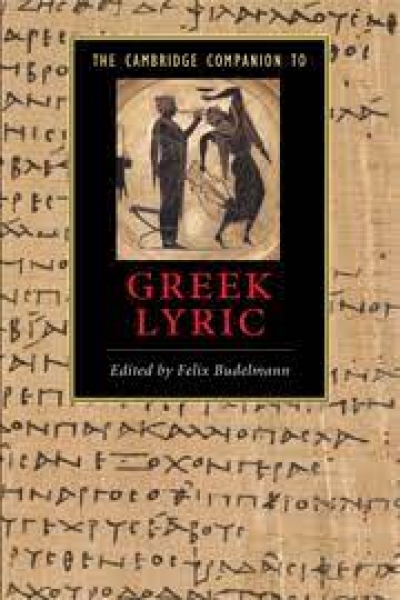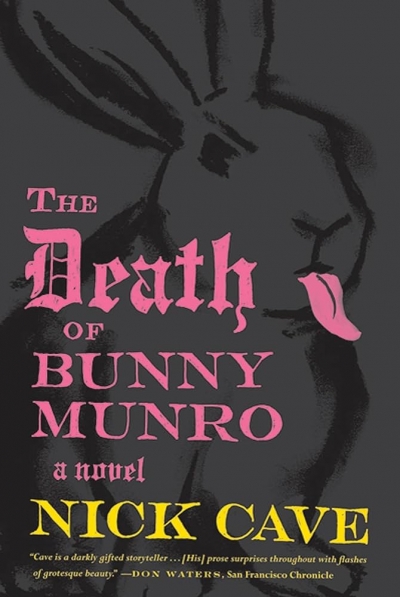Review
Macquarie Pen Anthology of Australian Literature edited by Nicholas Jose
by Peter Craven •
Rainforest Narratives: The Work of Janette Turner Hospital by David Callahan
by Susan Lever •
Sins of the Father: The Long shadow of a religious cult by Fleur Beale
by Bill Metcalf •
The Cambridge Companion to Greek Lyric by Felix Budelmann
by Christopher Allen •


